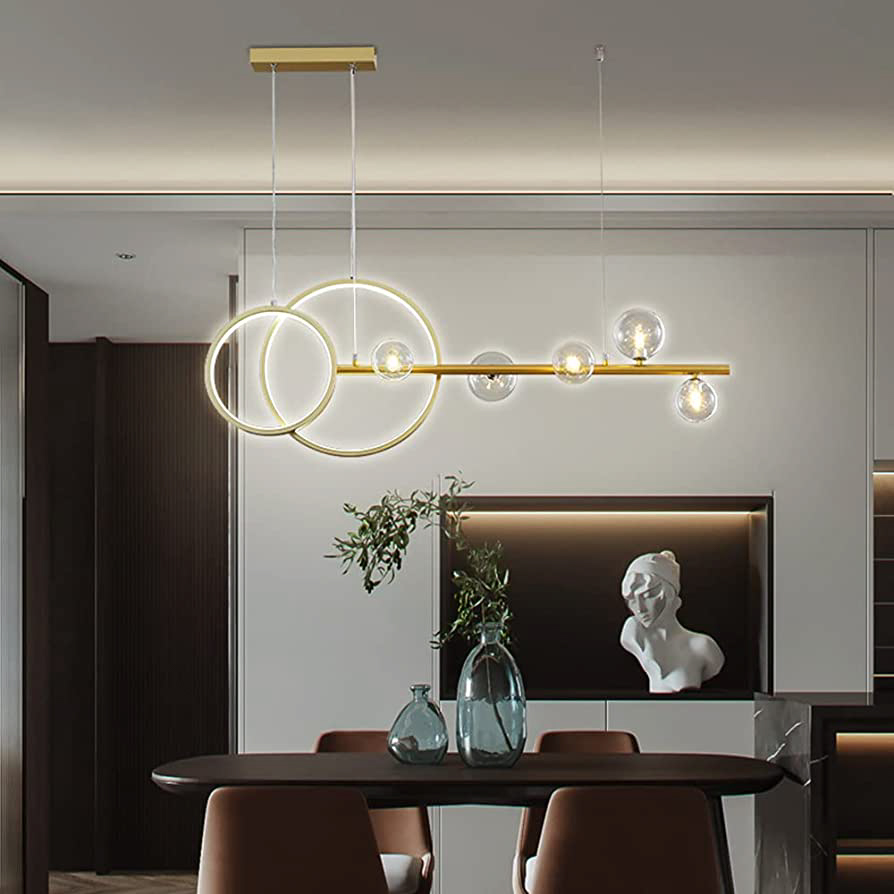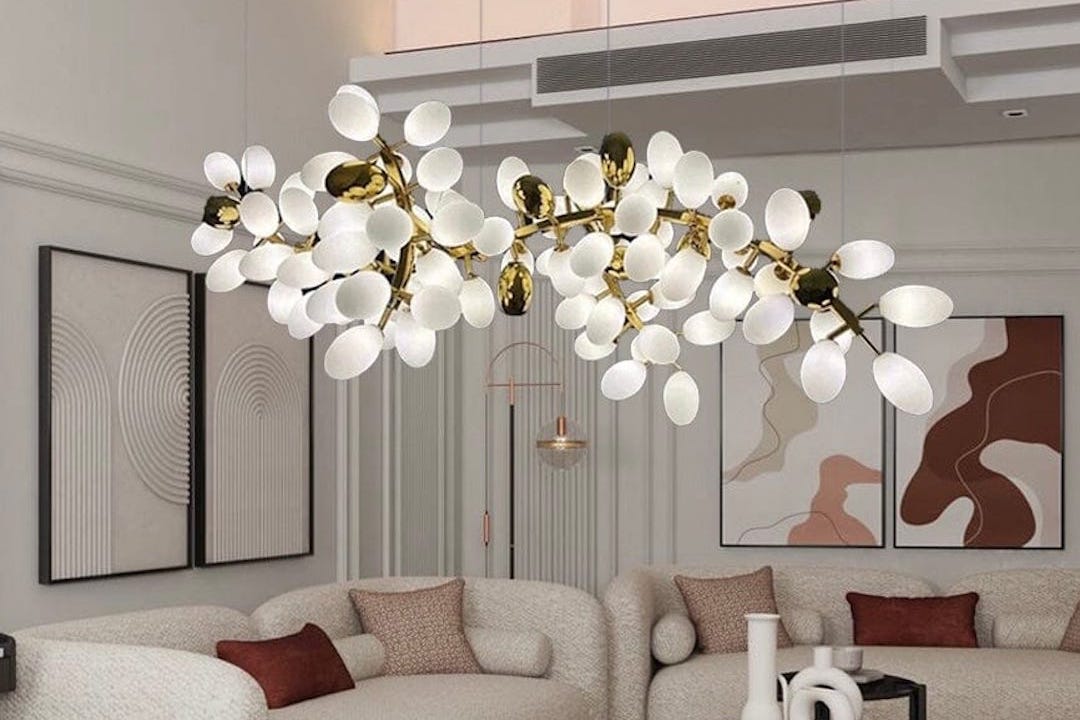What are Mathmos Lamps?
Mathmos lamps are an iconic piece of interior design that have been around since the 1960s. They are designed and manufactured by a British company called Mathmos, which specializes in creating unique and innovative lighting solutions.
The company was founded by Edward Craven-Walker, who invented the original lava lamp in 1963. Since then, Mathmos has gone on to create a wide range of lamps, each with its own unique personality and style.
How do Mathmos Lamps work?
Mathmos lamps are made up of three main components: a glass bottle, a heating element, and a special liquid. The liquid inside the bottle is heated by the heating element, causing it to rise and fall in a mesmerizing, lava-like pattern.
The colors and shapes created by the lamp are entirely unpredictable and are determined by the unique properties of the liquid and the design of the lamp itself.
The History of Mathmos Lamps
As previously mentioned, Mathmos lamps were first created in the 1960s by Edward Craven-Walker. The original lamp was a huge success and quickly became a popular piece of interior design, particularly among young people.
Over the years, Mathmos has continued to innovate and create new and exciting lamps that reflect changing trends and tastes. Today, the company produces a wide range of lamps, from the iconic lava lamp to more modern designs that incorporate LED technology.
Why Mathmos Lamps are Popular
There are many reasons why Mathmos lamps are so popular. For one thing, they are incredibly unique and eye-catching. No two lamps are ever exactly the same, making them a great focal point for any room.
In addition to their striking appearance, Mathmos lamps are also very versatile. They can be used in a variety of settings, from a retro-themed living room to a futuristic office space.
Finally, Mathmos lamps are built to last. They are made with high-quality materials and are designed to withstand years of use. This means that they are an investment piece that will continue to impress and delight for years to come.



